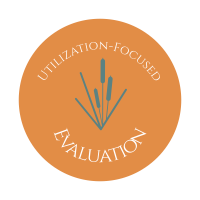Global Evaluation Competence
Evaluator Competence
Identifying and developing evaluator competencies has been a major thrust in the evaluation profession over the last decade. Jean King and her colleagues pioneered an evaluator Essential Competencies framework that prescribes competence in:
- professional practice;
- systematic inquiry
- situational analysis
- project management;
- interpersonal competence, and
- reflective practice.
This framework is being used as a basis for voluntary certification of evaluators in Canada, New Zealand, and Japan. In addition, the American Evaluation Association Statement On Cultural Competence in Evaluation was adopted by the AEA membership in 2011.
Global Competence
World Savvy is a national education nonprofit that works with educators, schools, and districts to integrate the highest quality of global competence teaching and learning into K-12 classrooms. World Savvy has been working on global competence for more than a decade.
Global competence refers to the knowledge, skills, and dispositions necessary to navigate and succeed in today’s interconnected world. Globally competent individuals are life-long learners, have an appreciation for cultural differences, an ability to understand and consider multiple perspectives, critical and comparative thinking skills, problem solving abilities, comfort with ambiguity and change, and understand globally significant issues.
World Savvy has generated and is engaged with a network of educators and education leaders conceptualizing and implementing global competence training. Learn more.
Evaluator Global Competence
We believe the way forward is to develop a new Evaluator Global Competence to build the capacity of specialized evaluators to engage in trans-cultural global systems change evaluations. Engaging knowledgeably and skillfully as a global systems change evaluator requires specialized competence. .
Four Potential Dimensions of Global Evaluation Competence
- Global Perspective: The Blue Marble Lens
- World Systems knowledge
- Global systems analysis skills
- Global systems change network connections

